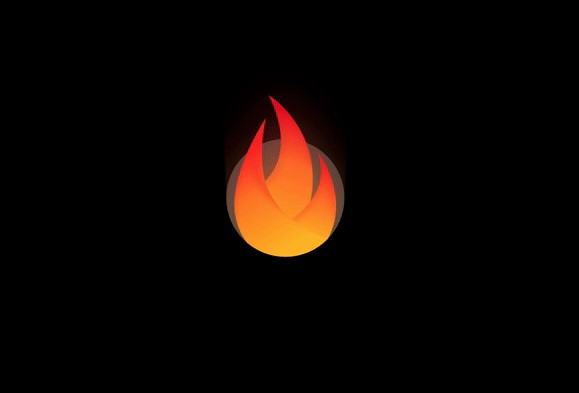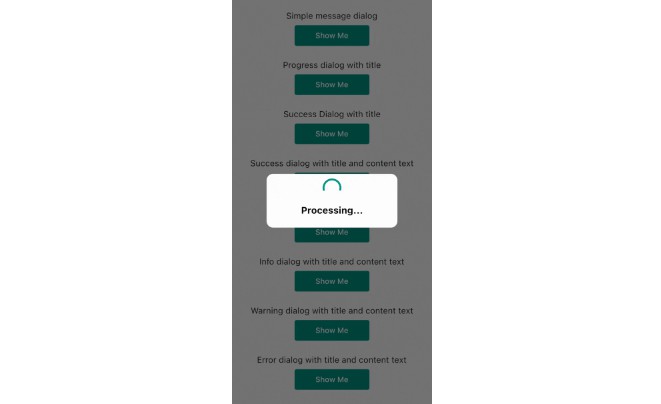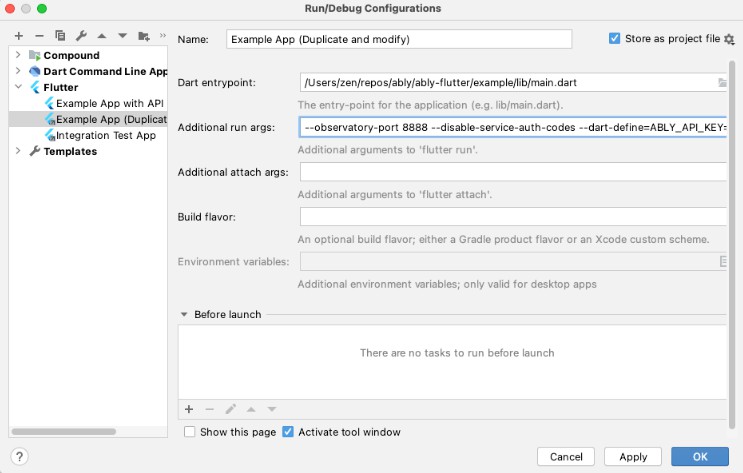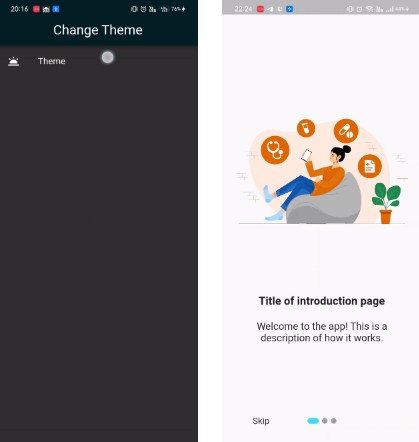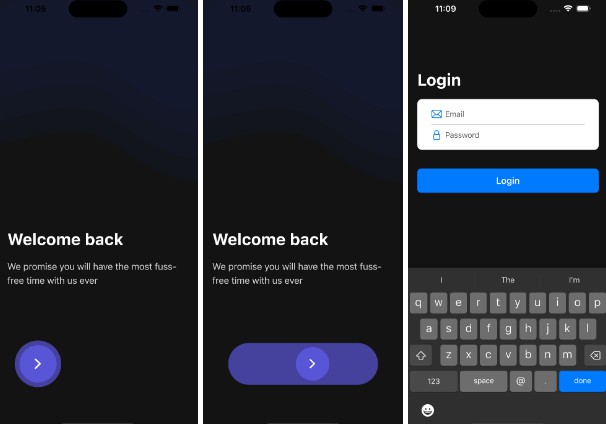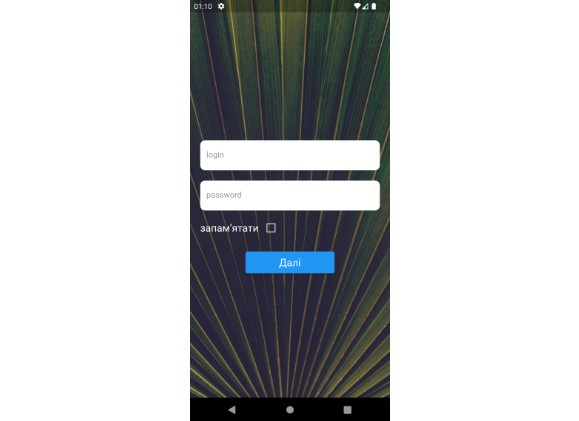Flame Splash Screen
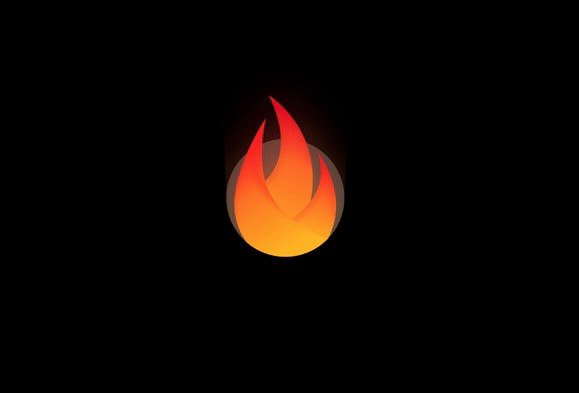
Style your flame game with a beautiful splash screen.
This package includes a FlameSplashScreen widget.
Install
Add flame_splash_screen as a dependency in your pubspec.yaml file (what?).
Import the widget:
import 'package:flame_splash_screen/flame_splash_screen.dart';
Usage
The splash screen is a widget that can be used to show the splash screen.
Simple usage
There is just two required params:
onFinish, a callback that is executed when all animations from the splash screen is over.theme, than can be eitherFlameSplashTheme.darkorFlameSplashTheme.white.
FlameSplashScreen(
theme: FlameSplashTheme.dark,
onFinish: (BuildContext context) => Navigator.pushNamed(context, '/your-game-initial-screen')
)
Adding your own content
You can pass your own logo (or/and anything else) to be shown before or after the flame's logo.
FlameSplashScreen(
theme: FlameSplashTheme.dark,
showBefore: (BuildContext context) {
return Text("To be shown before flame animation");
},
onFinish: (BuildContext context) => Navigator.pushNamed(context, '/your-game-initial-screen'),
)
FlameSplashScreen(
theme: FlameSplashTheme.dark,
showAfter: (BuildContext context) {
return Text("To be shown after flame animation");
},
onFinish: (BuildContext context) => Navigator.pushNamed(context, '/your-game-initial-screen'),
)
Remember: you can also specify both showBefore and showAfter at the same time.
Changing theme
By default the splash screen has a dark background. You can change it by specifying the white theme.
Aside from FlameSplashTheme.dark, you can pass FlameSplashTheme.white for a white background.
FlameSplashScreen(
theme: FlameSplashTheme.white,
onFinish: (BuildContext context) => Navigator.pushNamed(context, '/your-game-initial-screen'),
)
You can create your own theme passing a custom logo builder (changing flames logo for another one) and a background decoration
Usage with controller
Controller enables FlameSplashScreen to be customized regarding animation duration and when it starts.
There is duration params and autoStart (which is true by default).
To use it, make the controller lives as much as a widget state:
class SplashScreenGameState extends State<SplashScreenGame> {
FlameSplashController controller;
@override
void initState() {
super.initState();
controller = FlameSplashController(
fadeInDuration: Duration(seconds: 1),
fadeOutDuration: Duration(milliseconds: 250),
waitDuration: Duration(seconds: 2),
autoStart: false
);
}
@override
void dispose() {
controller.dispose(); // dispose it when necessary
super.dispose();
}
@override
Widget build(BuildContext context) {
return Scaffold(
body: FlameSplashScreen(
showBefore: (BuildContext context) {
return Text("Before the logo");
},
showAfter: (BuildContext context) {
return Text("After the logo");
},
theme: FlameSplashTheme.white,
onFinish: (context) => Navigator.pushNamed(context, '/the-game-initial-screen'),
controller: controller,
),
);
}
}
